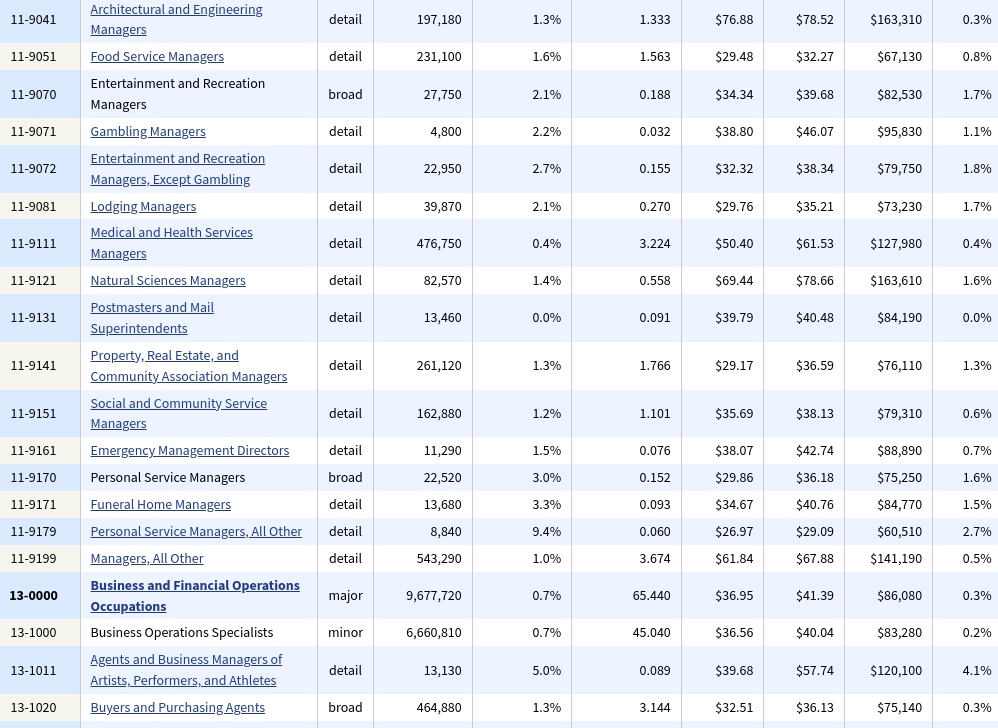When it comes to personal finance the most important topic to understand is your own self worth down to the hour. Most people have a job and get paid a particular hourly wage and this is generally the starting point for most people to understand their self worth. In the United States, and as a safety net, the minimum wage across the country is $7.25 per hour. Many U.S. states have a minimum wage much higher than $7.25 and you can find a list here with Washington D.C. the highest at $17/hour.

But how do you truly determine your self worth?
When I was in college, I had a roommate that worked at Subway restaurant. He was paid$4.25/hour (minimum wage at the time) and the average cost of a sandwich back then was about $4. I recall my roommate coming home one day announcing the worked a ‘one’ during lunch rush. I asked him what a ‘one’ meant and he said they made one sandwich every minute.
Doing some math, 1 sandwich per 1 minute = 60 sandwiches in 1 hour. In the time my roommate made $4.25, the business made 60 x $4 = $240. That’s a ratio of 56:1 but the business did have overhead in the form or sunk capital, rent, operating expenses, and taxation among a few things but still it seemed my roommate was underpaid at the time and it’s no different today.
So how should you estimate your self worth today? The best approach is to understand the level of demand for your skill set then match your seniority level and skill set with the appropriate wage statistics such as those the BLS produces annually.

Like my roommate, my first job started with a wage of $4.25/hr in the 90s and today it’s well over $200/hr. Back then, my skill set was fairly minimal with most of my work consisting of manual physical labor while today all of my work is intellectual.
If you’re struggling out there right now at $7.25 hour or even higher but still struggling, don’t despair because your time will come if you just focus on improving your skill set and growing your career.

